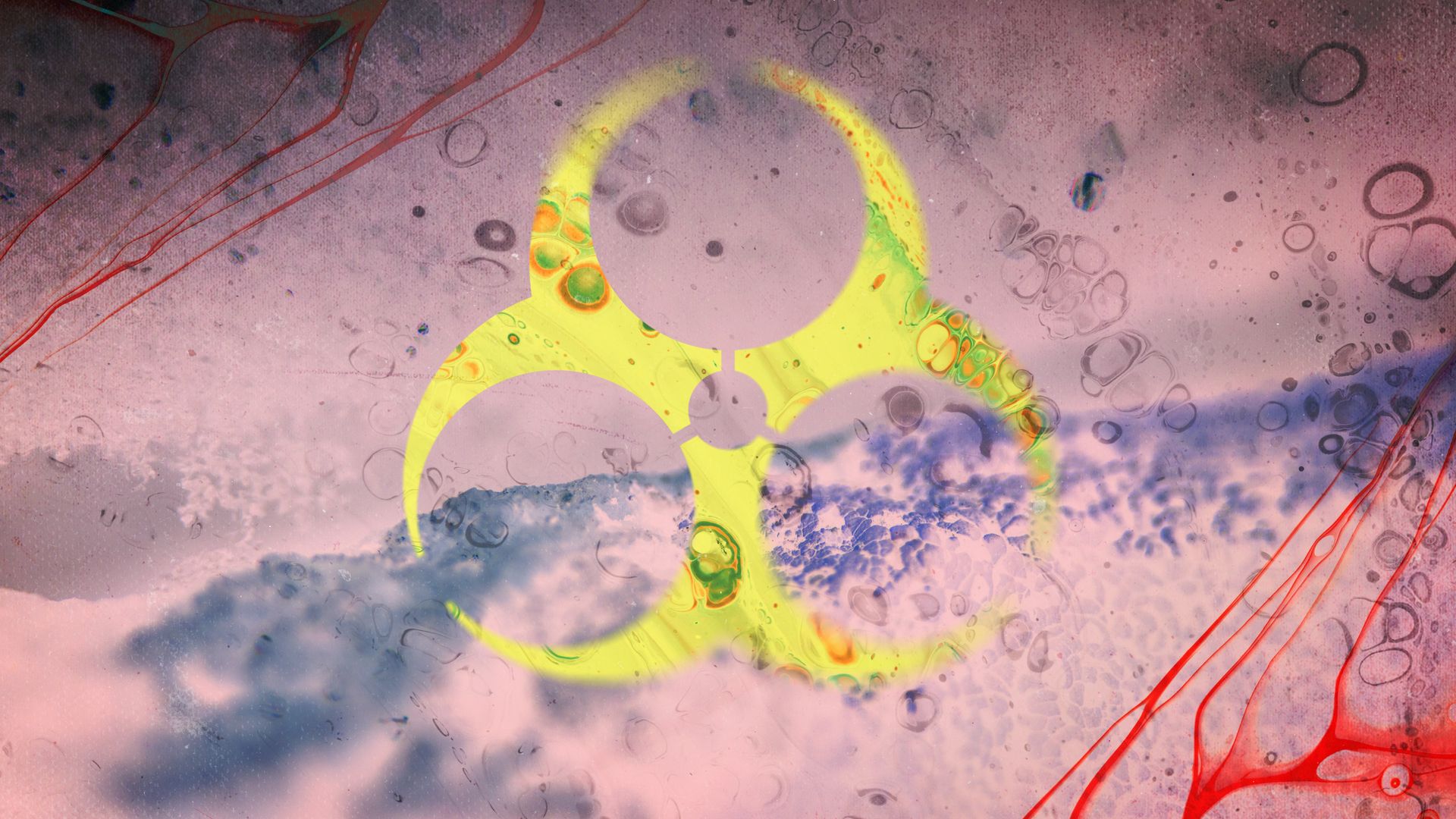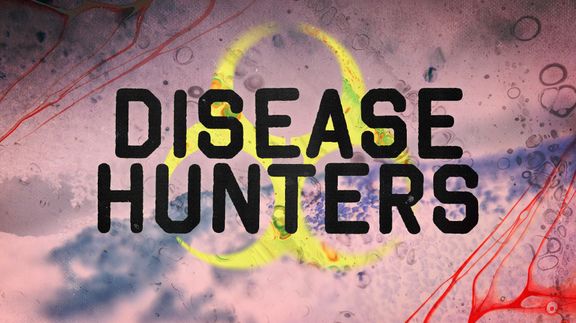

Disease Hunters
Follow disease hunters on the front lines as they identify, study, or kill infectious diseases, vectors, and microbes. Connecting today's outbreaks with historical epidemics, we can explore factors that may accelerate future episodes, like human-animal interactions, drug resistance, climate change, urbanization, and globalization.
Follow disease hunters on the front lines as they identify, study, or kill infectious diseases, vectors, and microbes. Connecting today's outbreaks with historical epidemics, we can explore factors that may accelerate future episodes, like human-animal interactions, drug resistance, climate change, urbanization, and globalization.
Related Articles
View AllSuccesses and Shortfalls: Have We Forgotten Lessons Learned in the Fight Against Ebola?
Although our awareness of the deadly Ebola virus dates back only to about 2014, recorded viral transmission and deaths stretch back nearly 50 years, to at least 1972. Studying the…
Move Over, COVID: 4 Past Pandemics that Plagued History
Since the beginning of human history, people have been fighting off diseases and epidemics. Our current struggle against COVID-19 is yet another example, and it follows a familiar…
From Animal to Human: The History of Coronaviruses
People around the world are concerned about the new coronavirus, SARS-CoV-2, first identified in Wuhan, China. But this is not the first coronavirus in humans, nor is it the most…
Climate Change and Coronavirus: Two Crises, One Solution?
Coronavirus and climate change are different catastrophes, but plans like the Green New Deal could move the economy away from fossil fuels while also combatting COVID-19.